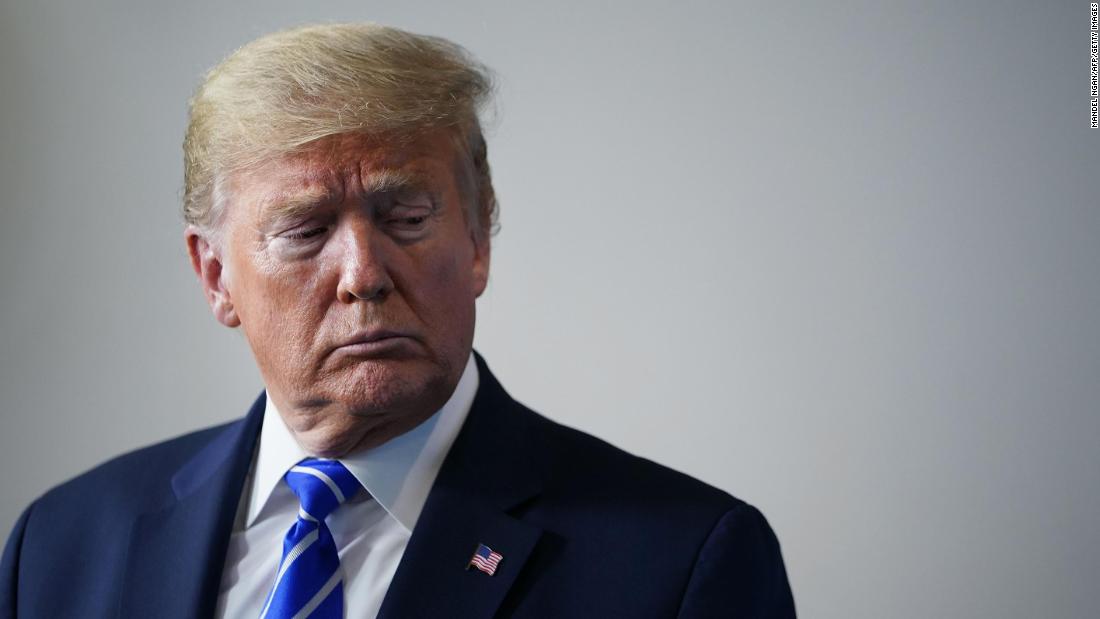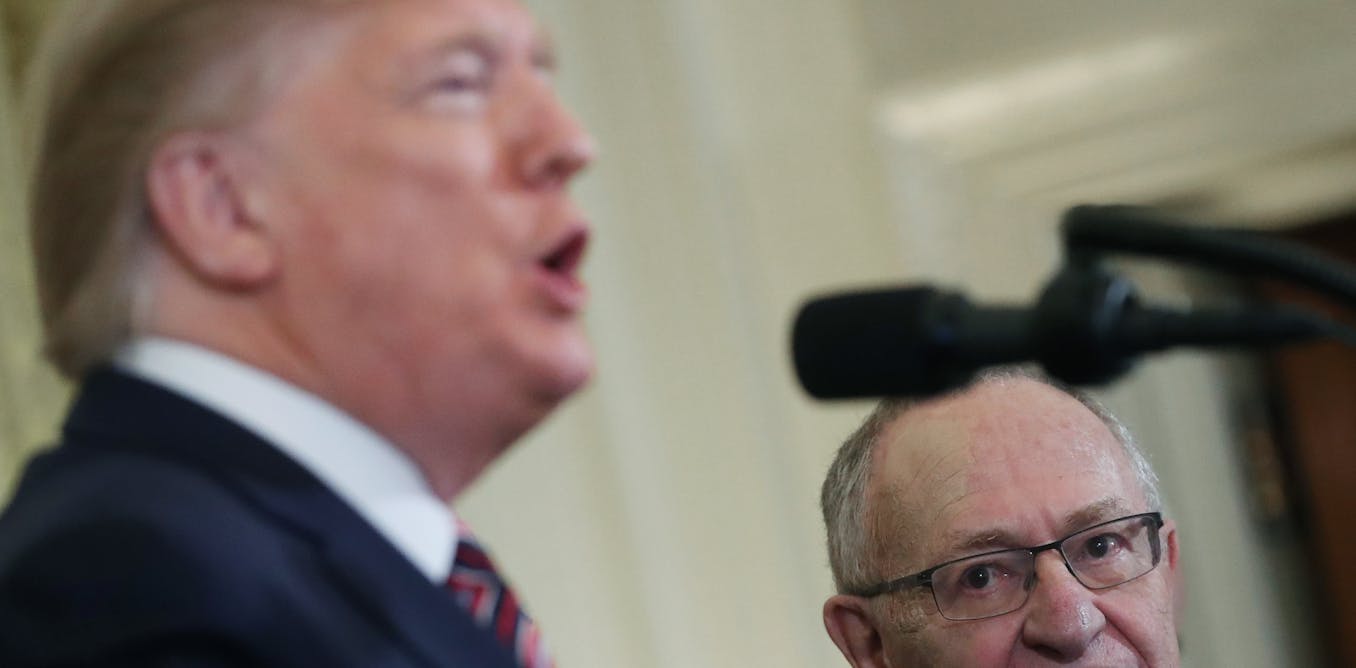not certain #1 has been established. here is an excerpt that argues otherwise:
" ... The Republican Party has long advocated for constitutional interpretation that relies on the
original intent of the framers. So what did the framers mean by this lofty phrase, and what did they reject as impeachable offenses?
During the Constitutional Convention, George Mason moved that the impeachment clause follow the term “bribery” with “or maladministration.”
But James Madison
objected on grounds that it was too broad and would subject a president to tenure only at the pleasure of the Senate. So the phrase was replaced by “other high crimes and misdemeanors.”
The framers intended the phrase to convey a more serious connotation than simple incompetence or poor administration. In
Federalist Paper No. 65, Hamilton made clear that impeachable acts must involve “the abuse or violation of some public trust” and “relate chiefly to injuries done immediately to the society itself.”
Hamilton made no mention of the requirement that actual crimes be committed, nor as far as I know did any other framer suggest that actual crimes were mandatory for impeachment.
Examples of impeachable offenses cited by the framers provide further context. In response to concerns that the president could use his pardon powers to protect his own bad acts from detection, Madison responded: “if the president be connected, in any suspicious manner, with any person, and there be grounds to believe he will shelter him, the House of Representatives can impeach him.”
Madison makes no reference to any crime. His concern here is the potential for the use of presidential power for personal or other inappropriate purposes.
Fellow framer James Iredell
concluded that presidential acts to obscure or withhold information from Congress could also constitute a violation of the impeachment clause if Congress was induced to act based on the deception. ..."
Trump’s backers say he is shielded from removal as no criminal offense took place. But this view may be at odds with the original intent of the impeachment clause.

theconversation.com

www.cnn.com




